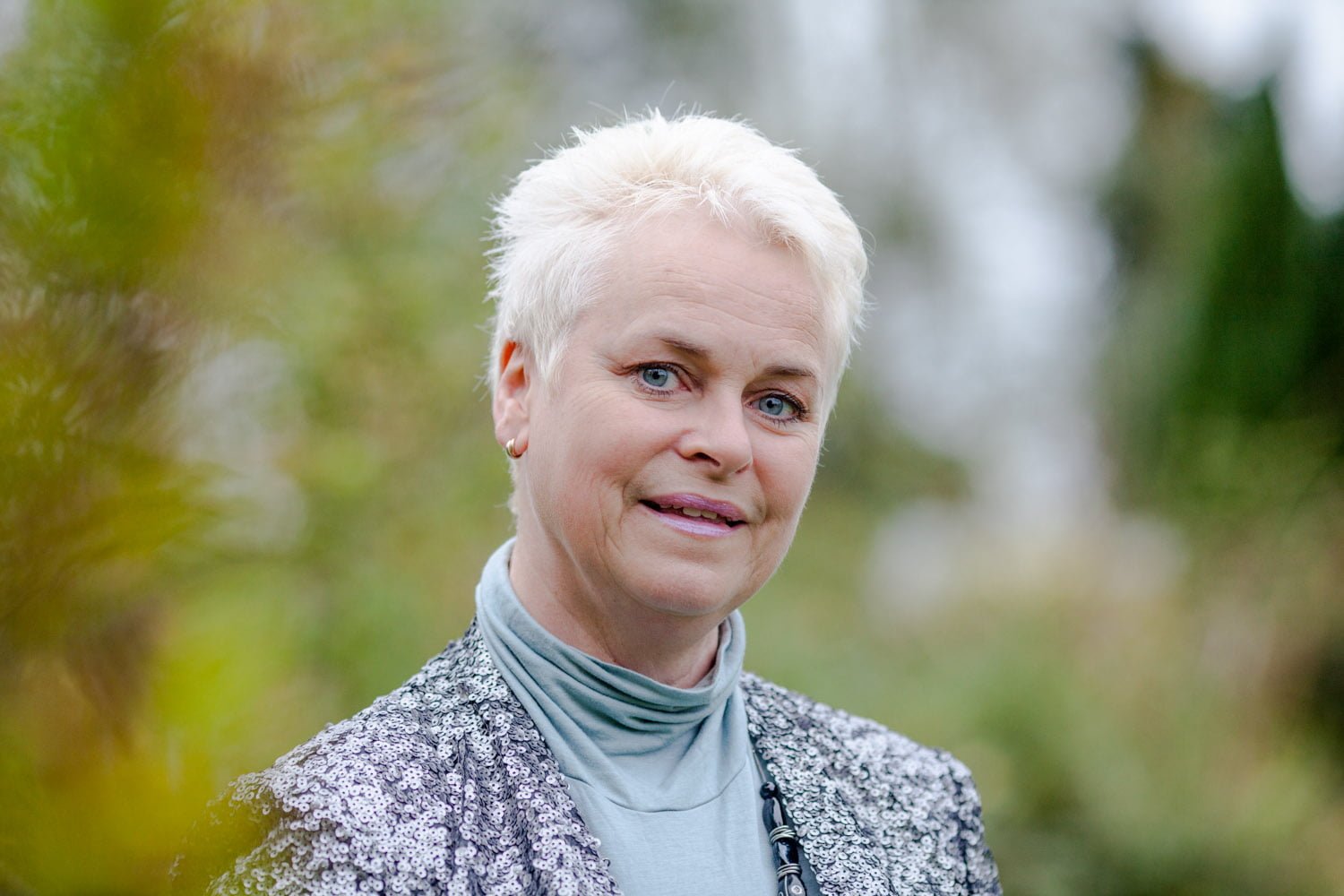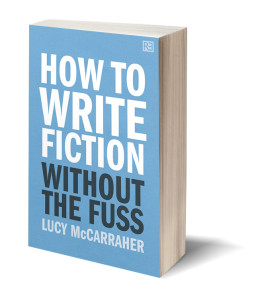Lucy McCarraher's personal experience of writing novels challenges the old adage that fiction authors should simply write about what they know. Here she shares her best advice for aspiring novelists.
 My first attempt at a novel was a thinly-disguised tale of part of my own life. I sent it to an agent who told me it was (a) boring and (b) unbelievable. It was too contrived, she said, to have a novel about families with a central character who was a family researcher, whose mother was the director of a children’s charity and whose father was a genealogist. ‘But it can’t be unbelievable,’ I whined. ‘It’s true!’ ‘Truth and fiction are not the same thing,’ she snapped.
My first attempt at a novel was a thinly-disguised tale of part of my own life. I sent it to an agent who told me it was (a) boring and (b) unbelievable. It was too contrived, she said, to have a novel about families with a central character who was a family researcher, whose mother was the director of a children’s charity and whose father was a genealogist. ‘But it can’t be unbelievable,’ I whined. ‘It’s true!’ ‘Truth and fiction are not the same thing,’ she snapped.
I was an experienced writer in other genres – TV drama, non-fiction books, journalism, academic and business reports, and I knew how to structure all of those. But in trying to write fiction I’d made the naïve error of assuming that all the wonderful novels I’d read had somehow flowed, in a perfect storm of creativity, from the authors’ fingertips without the proverbial 99% of perspiration. I had also mistakenly assumed that interesting parts of life can provide stories ready-made for fiction. They can’t.
First, Plan Your Fiction
I learned my unpalatable but salutary lesson, and my next attempt at fiction was put together around a structured plot and subplots, developed in a story ‘bible’ along with thought-through characters, researched settings and historical content. I wrote a synopsis and three chapters, and ran out of steam. A few years later, friends persuaded me to dig it out and enter it for the Richard and Judy ‘How To Get Published' competition. Blood and Water didn’t win, but amazingly it was short-listed from 47,000 entries and (when I’d finished writing it) published by Macmillan New Writing. Two more novels followed.
Since then I’ve written four self-help books and become a publisher of fiction and non-fiction books with first Bookshaker and now Rethink Press. Editing and coaching other authors – and crucially taking a post-graduate diploma in teaching Adult Literacy and Creative Writing – honed my understanding of the craft of fiction writing. One day I’ll have the time to put it into practice and write more novels myself!
All types of fiction require their writers to address the key elements:
- story and theme
- plot and exposition
- character delineation and development
- setting and season; climax and anti-climax
- action and resolution
- genre
- niche
- writing style
You need to be aware of them in order to position your work, and present it professionally to the marketplace and the right readership.
Live, Sleep and Dream Your Fictitious World
Before you even set finger to key, you must take the time to think, to dream, to imagine… Some writers take a year or more to allow their creative juices to bubble around their central story, the lives of their characters and the world they inhabit. This internal development is the first step to creating a strong work of fiction and is not one that can be skipped.
If you are setting out on your novel or short story, start to form in your mind the parallel universe that will become your creative writing. Get into the habit of living in that place, time and environment whenever you’re alone, doing a mundane task, walking or travelling. When you feel ready, you need to plot, plan and structure – and only then start writing your work of fiction.
Lucy offers further advice on the craft of Fiction Writing in her new book, published in October 2013, How To Write Fiction Without The Fuss – “a quick and dirty guide to the craft of writing fiction”, as Lucy modestly calls it! Drawing on the material used in the weekly online Fiction Writing course that she wrote for howtowritebetter.net, the book is now available in print and as an e-book from Rethink Press.







I’m not that mucdh of a online reader to be honest but your sites really nice,
keep it up! I’ll go ahead and bookmark your site to come back
later on. Cheers
Hi Lucy,
I am in the middle of my book and I am thinking of trying to get it published.Thing is my book is cased on actual life experiences that have taken place and fiction. I don’t know whether this book would actually be taken into consideration. Seeking your guidance please.
Hi Lillian,
14 years is a good long time for the “composting” stage of a novel. Sounds as though you’ve had quite a journey with this one. Brilliant that you’ve nearly finished – and good luck with achieving what you want with it.
Hi Lucy
I can identify with this. It has taken me 14 years to allow ‘creative juice to bubble’ for novel that I started in 1998. And now I’m nearly on finish line. Sometimes you have to walk away.